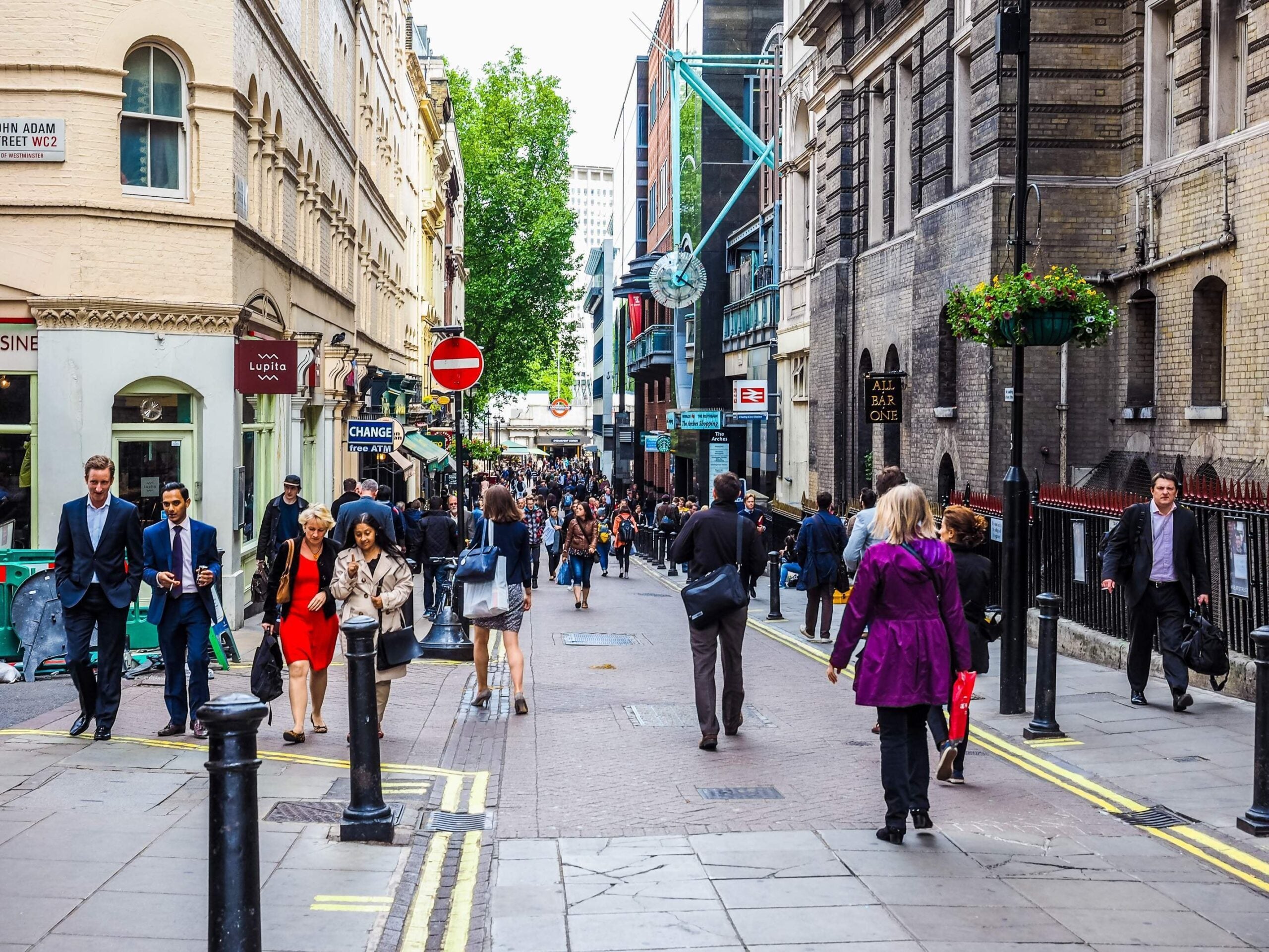
Since 2011, the mis-selling of payments protection insurance (PPI) has been causing UK banks to shell out billions of pounds.
The insurance was designed to cover loan or credit card payments if the person who took them out was unable to pay the money back, say they became ill or lost their job.

Access deeper industry intelligence
Experience unmatched clarity with a single platform that combines unique data, AI, and human expertise.
It was discovered that banks and other lenders were mis-selling PPI to their customers, either making them pay for it and not explaining what it was or adding it without their consent.
After the High Court ordered the banks to reimburse their customers, it opened the floodgates of claims from people all over the UK. Six years later, financial institutions are still paying back the money now.
Barclays = £9.1bn
Last year, Barclays reported that it had spent £8.4bn in total as a result of the PPI scandal. And this week, after it released its latest quarterly results, it said it had set aside another £700m for customers.
This brings the bank’s total spend on PPI to £9.1bn.

US Tariffs are shifting - will you react or anticipate?
Don’t let policy changes catch you off guard. Stay proactive with real-time data and expert analysis.
By GlobalDataHSBC = £4.05bn
The PPI scandal has now cost HSBC £4.05bn, after it added £160m provision to pay compensation to customers earlier this year.
As well as paying out to customers, a HSBC-owned lender HFC Bank was fined £1.09m for failing to treat customers fairly when selling PPI.
Lloyds = £18bn
Lloyds Bank has now spent over £18bn on reimbursing customers. In the second quarter of this year, it added another £700m expense to its books to continue to shell out funds after the scandal.
The lender said that the new funds would cover 9,000 claims per week over the next two years.
RBS = £5bn
PPI charges for RBS caused the banking group to report a loss in 2015. Now, the bank’s total funds set aside and paid back to customers is nearing the £5bn mark, which makes it marginally better off than the likes of Lloyds.
However, RBS has been struggling in other ways.
These fines are going to keep going up
The total paid out after PPI claims is thought to be around £40bn now and this is expected to increase.
The Financial Conduct Authority (FCA) has set the deadline for customers to make claims for August 2019. As part of this, it will be running a two-year public awareness campaign to ensure that everyone that was mis-sold PPI has a chance to claim before then.
The FCA’s chief executive, Andrew Bailey, said:
“Putting in place a deadline and campaign will mean people who were potentially mis-sold PPI will be prompted to take action rather than put it off. We believe two years is a reasonable time for consumers to decide whether they wish to make a complaint.”







